Best Study Habits Every High Schooler Needs To Be Using
Learning how to study effectively can be hard. Here are 17 of the best study habits that will help you get straight-a's this school year.
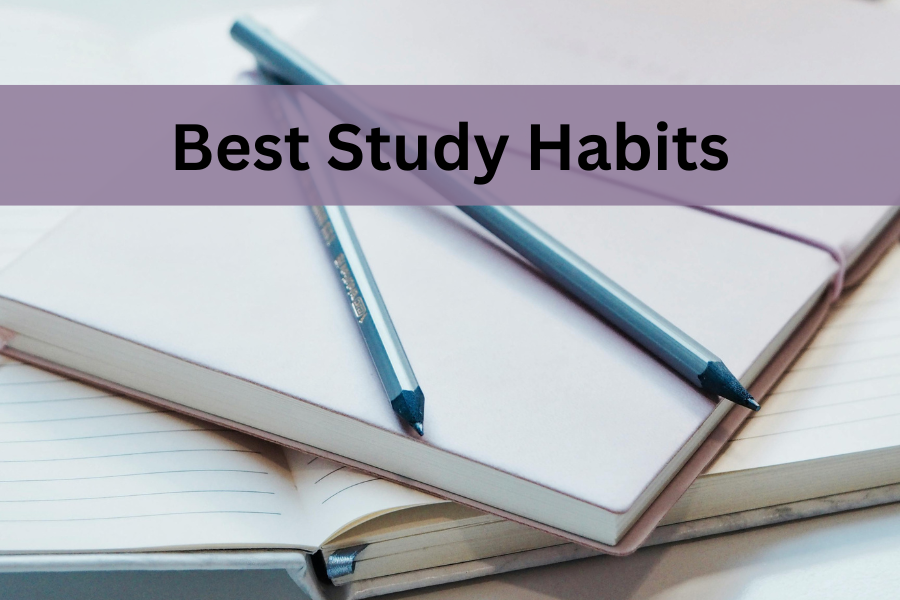
High school is packed with challenges, and one of the biggest is figuring out the best study habits. Between juggling classes, sports, and extracurriculars, it can be hard to make time to study without feeling totally overwhelmed. But here’s the thing—the best study habits are the key to staying on top of everything and keeping that stress in check. Whether you’re trying to boost your grades, ace that next exam, or just get a handle on daily homework, having the best study habits makes all the difference.
The truth is, study habits aren’t just about hitting the books for hours on end. It’s about finding the right methods that work for you. The more you fine-tune your study habits, the more efficient and effective your study sessions will become. You’ll spend less time cramming and more time actually retaining information (and yes, that means less last-minute panic before tests!).
Here are the best study habits for high schoolers that will help you stay focused, organized, and ahead of the curve. They'll make your study habits work for you instead of against you.
This post is all about the best study habits for students.
Best Study Habits
1. Create a Study Schedule

Creating a study schedule is one of the most important habits for any high school student. It helps you organize your time and avoid last-minute stress by breaking down tasks into manageable pieces. Instead of panicking the night before a test or rushing to finish homework, a study schedule spreads out your workload over time, so you can approach tasks calmly and with a clear plan.
If you have a biology exam in two weeks, you can schedule 30 minutes of review each day to go over different chapters or key concepts. This prevents cramming and allows your brain to absorb information in smaller, more digestible pieces.
Using a physical planner or a digital tool like Google Calendar can help you stay on track. Set specific blocks of time for each subject or task, and make sure to include breaks to recharge. A study schedule not only keeps you organized but also makes you more disciplined, helping you build good habits for the future.
The Most Amazing Study Plan You'll Ever Have — What Every Student Needs to Know
2. Break Study Sessions into Chunks
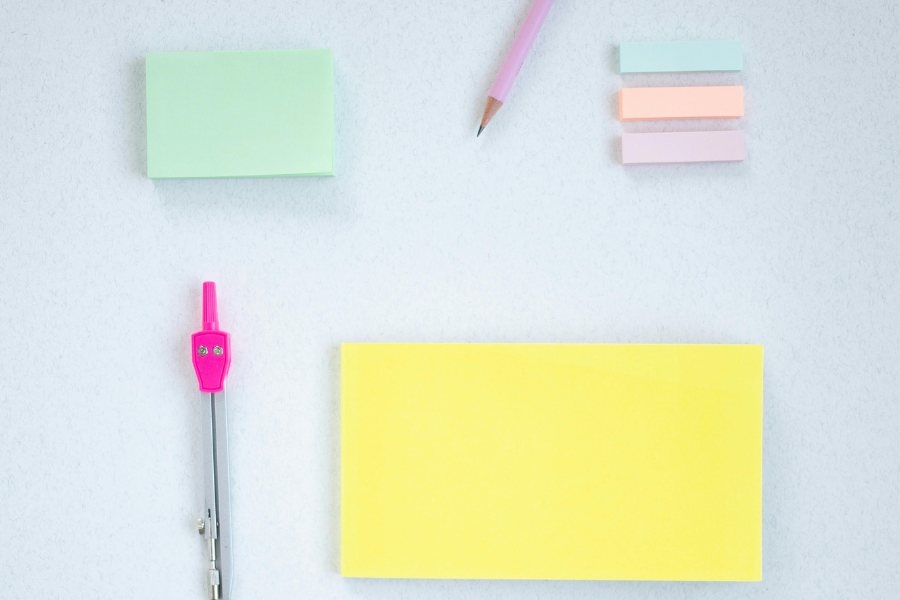
Studying for long periods without a break can be counterproductive, leading to burnout and decreased focus. That’s why breaking study sessions into chunks, known as spaced learning, is a smart approach. By studying in shorter bursts—like 25 or 30 minutes—you can maintain higher levels of concentration.
This method works because our brains can only focus intensely for a limited time. After each session, take a 5-10 minute break to recharge before jumping back in.
If you’re studying for a history exam, break it down into specific topics like "World War II causes" or "key figures." After studying one topic, take a short walk or stretch, then come back and tackle the next one. This not only prevents you from getting overwhelmed but also allows you to absorb information more effectively. It’s a simple way to improve productivity and make studying more manageable.
3. Pomodoro Technique
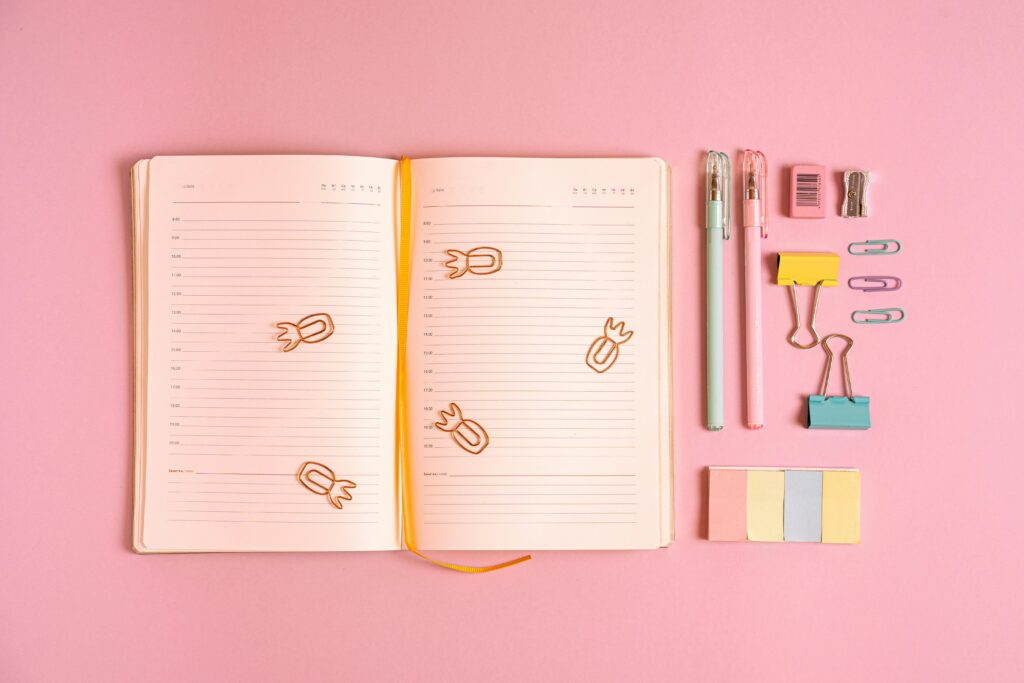
The Pomodoro Technique is a time-management method designed to improve focus and productivity. It’s ideal for students who struggle to concentrate for long periods. The method is simple: you work for 25 minutes straight (called a "Pomodoro"), then take a 5-minute break.
After completing four Pomodoros, take a longer break of about 15-30 minutes. This structure helps keep your brain engaged while also giving it time to rest and recharge.
Set a timer for 25 minutes and work through a set of problems. When the timer goes off, take a short break to walk around or grab a snack. Repeat the process, and by the end of a few Pomodoros, you’ll have covered a lot of material without feeling drained. The breaks are key to preventing burnout and maintaining focus, making this an excellent strategy for those who find themselves getting distracted easily.
4. Review Notes Daily

Reviewing notes daily is a highly effective way to reinforce what you’ve learned in class. Instead of letting the material pile up and reviewing everything right before a test, spend 10-15 minutes each day going over what was covered in class. This constant repetition strengthens your memory and helps you retain information long-term.
After each class, skim through your notes and highlight key events or terms. Doing this small task daily makes the final review before a test much easier, as the material will already be familiar. Plus, this habit keeps the information fresh in your mind, reducing the need for cramming. It’s a simple but powerful habit that helps you stay ahead of the game.
11 Life-Changing High School Note-Taking Tips That Will Make You A Straight-A Student
5. Highlight Key Information
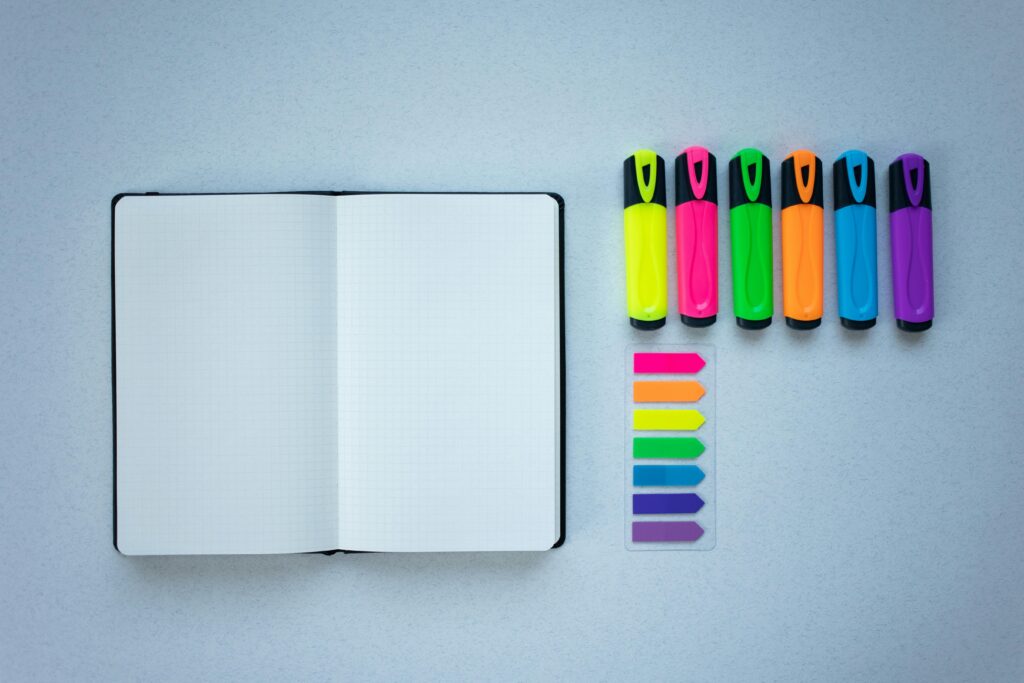
Highlighting is a great way to emphasize important information in your notes or textbooks, making it easier to review later. However, it’s important not to overdo it—too much highlighting can be as overwhelming as none at all.
Instead, be strategic about what you highlight. Focus on key terms, dates, definitions, or major concepts that are essential to the material. For example, when reading a biology chapter, highlight the definitions of key terms like "photosynthesis" and "cell respiration," but skip the filler text.
This way, when you go back to review, your eyes will immediately be drawn to the most important information. Highlighting can make studying more efficient, saving you time by guiding you to the key points that need to be memorized.
6. Create Flashcards
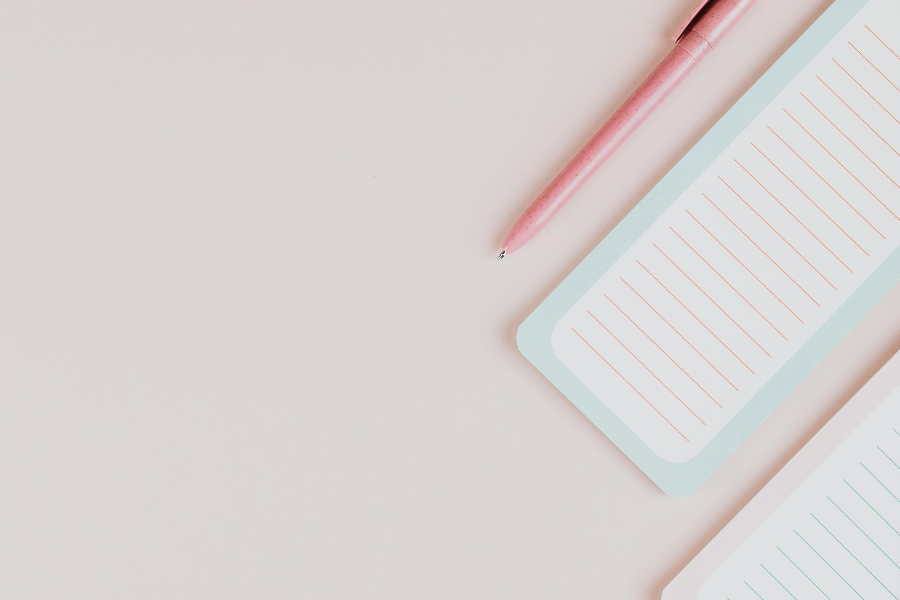
Flashcards are a classic and effective study tool, especially for memorization-based subjects like vocabulary, history, or science. By writing key terms or questions on one side of a card and the answer on the other, you can quiz yourself quickly and repeatedly.
This method of active recall—forcing your brain to retrieve information without looking at your notes—is one of the most effective ways to strengthen your memory. For example, if you’re preparing for a Spanish vocabulary quiz, create flashcards for each word, with the Spanish term on one side and the English translation on the other. Review them daily, and as you get better, remove the cards you’ve mastered.
Digital flashcard apps like Quizlet can also be useful, offering features like randomized quizzes and interactive learning modes. Flashcards are portable and easy to use anytime, making them a versatile tool for quick reviews.
7. Practice Active Recall
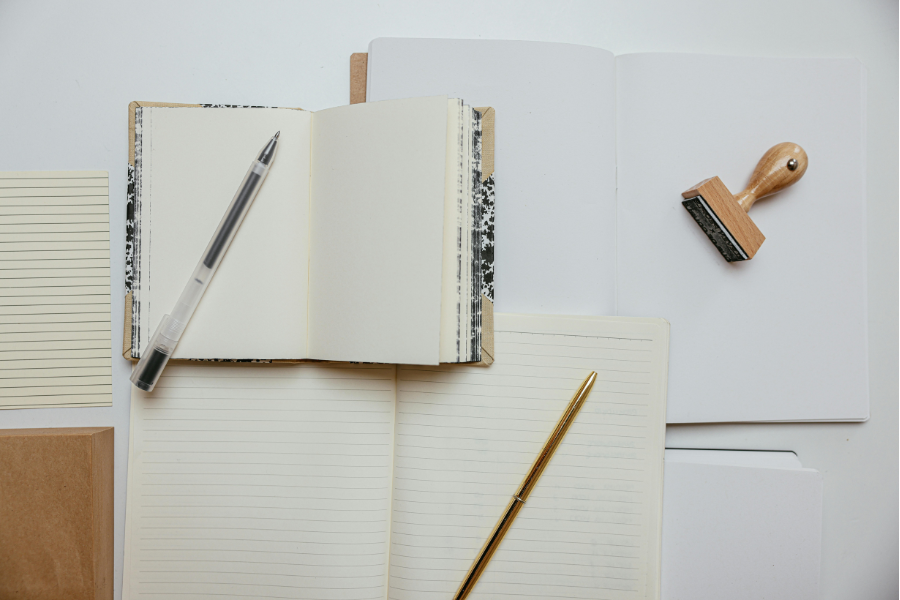
Active recall is a learning technique that involves retrieving information from your memory rather than passively reviewing it. This method forces your brain to actively engage with the material, which improves retention.
Instead of just rereading your notes, pause after each section and ask yourself to explain the key concepts from memory. For example, after reading about the causes of World War II, close your book and try to list them without looking. This process strengthens neural connections, making it easier to recall the information later.
Active recall can also be practiced through self-quizzing or teaching the material to someone else, both of which challenge you to remember and articulate the information clearly.
8. Teach What You Learn
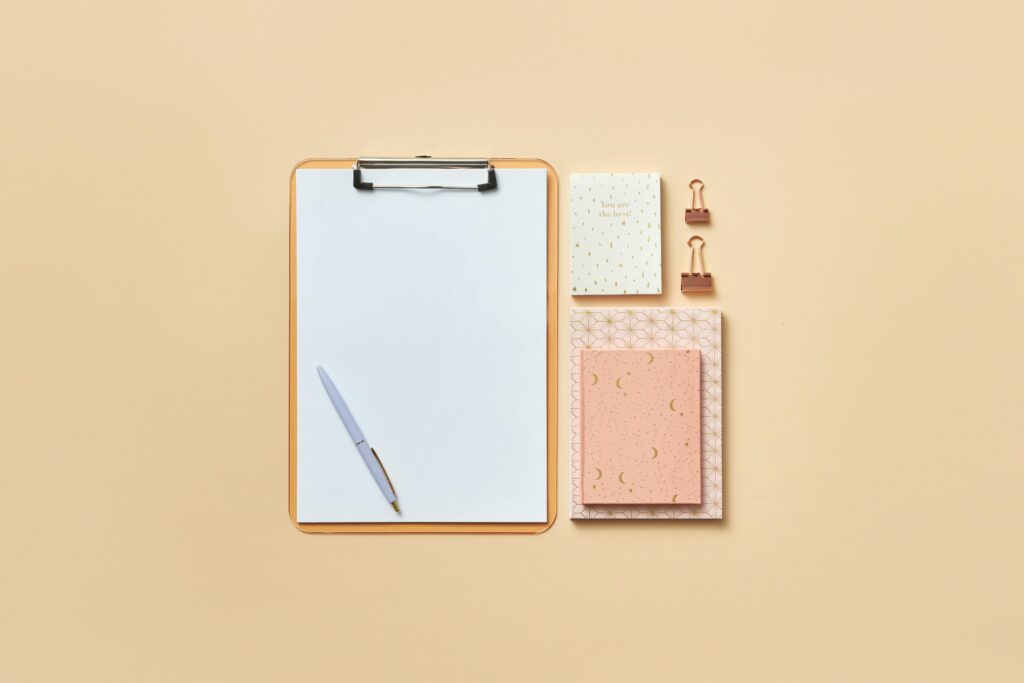
One of the best ways to deepen your understanding of a subject is to teach it to someone else. Teaching forces you to break down complex concepts into simple, understandable parts, which helps reinforce your knowledge.
For example, if you’re studying for a math test, try explaining a difficult problem to a classmate or even a family member. If you can clearly explain how to solve it, that’s a sign you truly understand the material. Teaching also highlights any gaps in your knowledge, giving you a chance to revisit those areas. This method is especially useful in study groups, where students can take turns teaching different topics to each other.
9. Set Specific Goals for Each Study Session
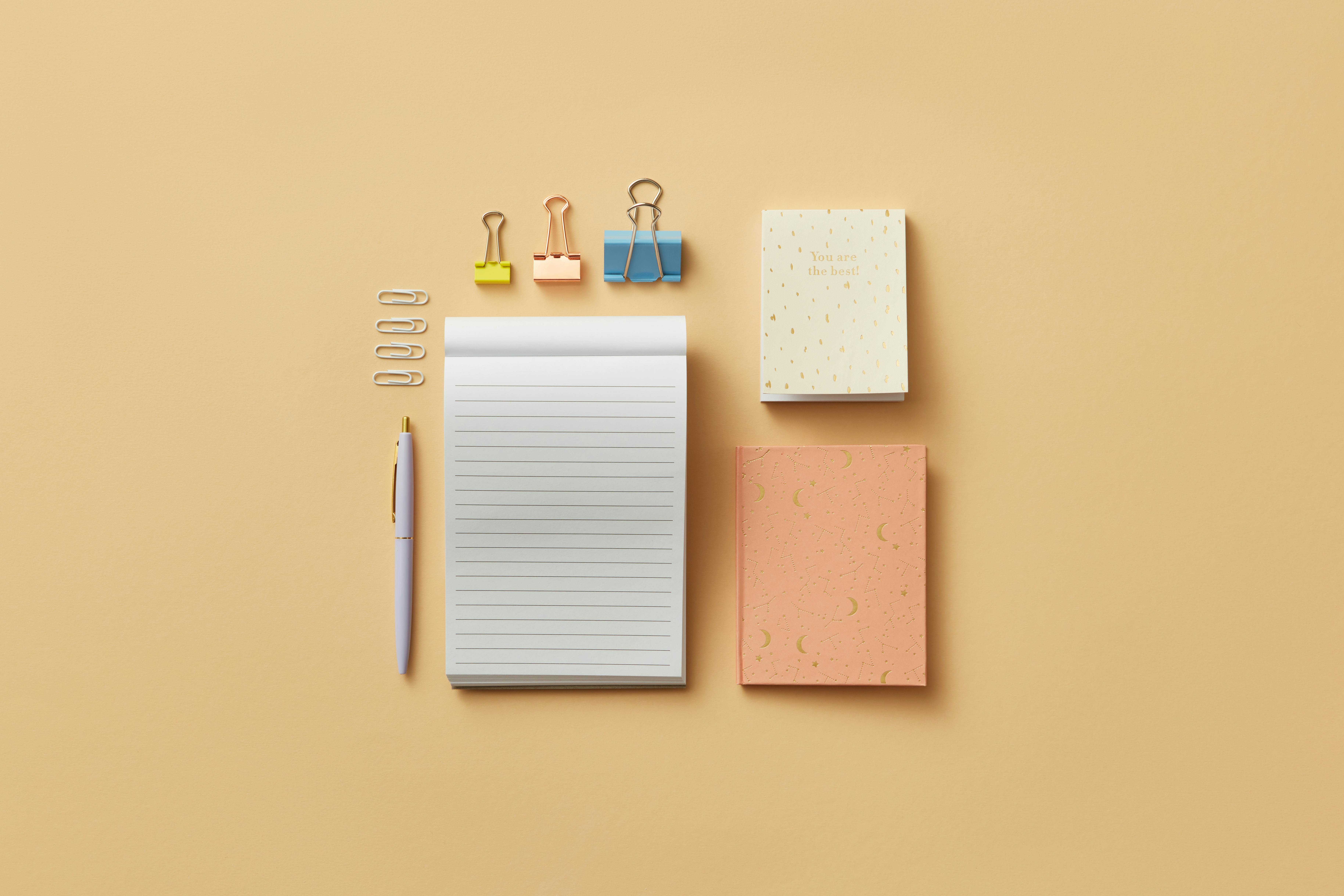
Setting specific goals for each study session helps keep you focused and productive. Instead of sitting down with the vague idea of “studying,” set a concrete goal, like “review chapter 3 and complete 10 practice problems.” This gives your study session a clear direction and prevents procrastination.
Breaking larger tasks into smaller, actionable steps also makes studying feel more manageable and less overwhelming. For example, if you’re preparing for an English exam, your goal might be to reread a chapter of the novel and summarize key themes. Once you complete your goal, you’ll feel a sense of accomplishment, which can motivate you to keep going.
9 Study Strategies for Visual Learners Every Student Should Know
10. Use Mnemonic Devices
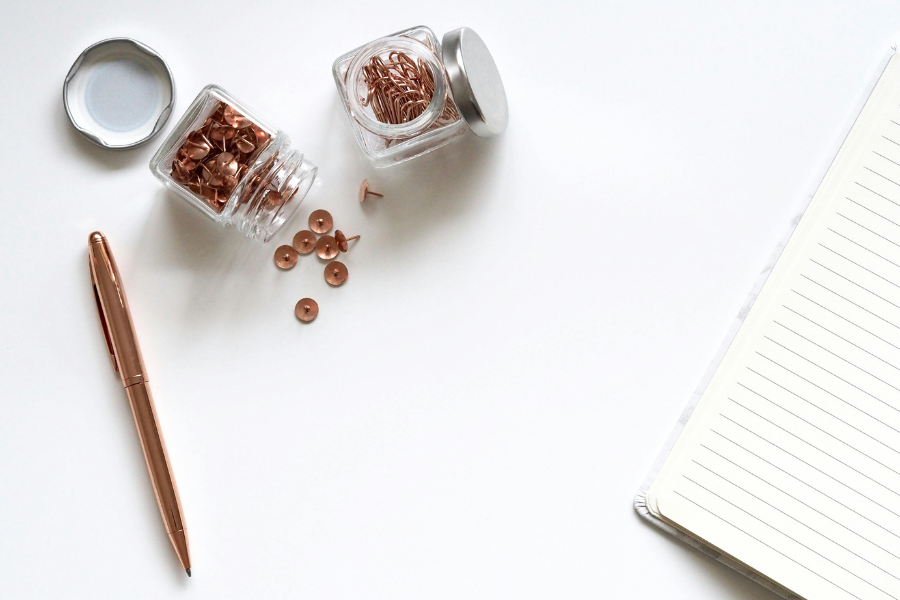
Mnemonic devices are memory aids that help you remember information through association. These can be acronyms, phrases, or even songs that simplify complex ideas or lists. To remember the order of operations in math (Parentheses, Exponents, Multiplication, Division, Addition, Subtraction), many students use the mnemonic “PEMDAS” or the phrase “Please Excuse My Dear Aunt Sally.”
These simple tricks can make seemingly difficult material easier to recall, especially when it comes to memorizing lists, formulas, or sequences. Mnemonics work because they engage different parts of the brain, making learning more interactive and fun. They’re especially useful for subjects like science or history, where you need to memorize large amounts of information.
11. Use Mind Maps

Using mind maps is a powerful technique that can transform the way you visualize and retain information. This method involves creating diagrams that illustrate the relationships between different concepts, allowing you to see the bigger picture and how everything connects.
Start by writing down a central idea in the middle of a page and branching out with related topics, subtopics, and details. For a history exam, you could create a mind map that outlines major events, key figures, and their relationships within a historical context. This visual approach caters to those who learn best through imagery, making it easier to recall information during tests. Mind maps can enhance understanding and memory retention, giving you a valuable tool for organizing complex information. They engage both your analytical and creative sides,
12. Use Practice Tests
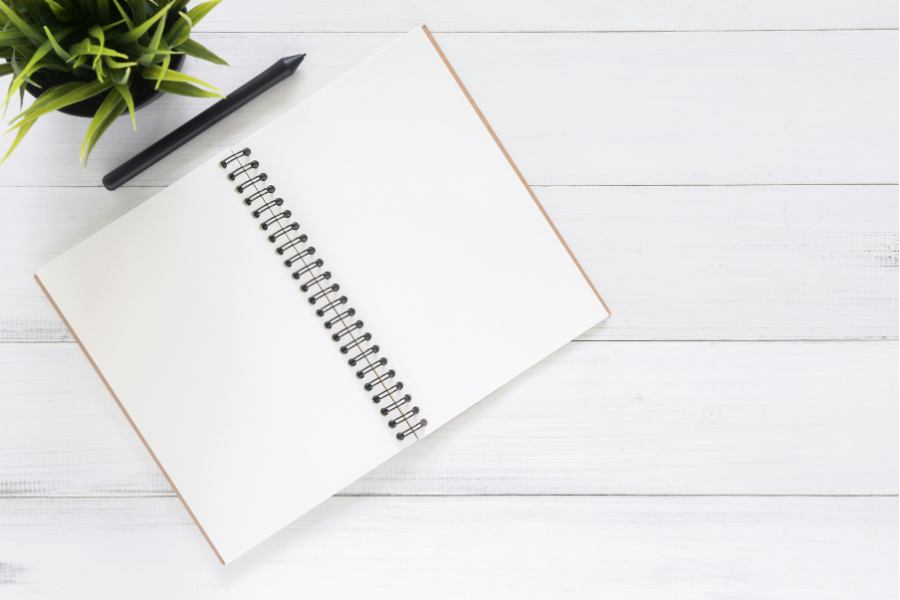
Incorporating practice tests into your study routine is one of the most effective ways to gauge your understanding and retention of material. Regularly testing yourself not only helps reinforce what you've learned but also identifies areas where you may need additional review.
After studying a unit in science, create a practice test based on the key concepts or find past exam papers online. As you take the test, simulate exam conditions by timing yourself and avoiding any distractions. Afterward, thoroughly review your answers, paying special attention to any mistakes or topics that were difficult to recall. This feedback loop strengthens your grasp of the material. It also reduces anxiety about test day by familiarizing you with the format and types of questions you’ll encounter. By making practice tests a staple of your study regimen, you can approach exams with greater confidence and competence.
13. Create Study Guides

Creating study guides is an excellent way to condense and organize information for easy reference before exams. Start by summarizing key points, definitions, and important concepts from your notes in a concise format. You can use bullet points, diagrams, or charts to visually represent the information.
If you’re studying for a history exam, create a study guide that outlines major events, figures, and their significance. This organized approach makes reviewing less overwhelming and allows you to quickly find the information you need. Additionally, the process of creating the study guide reinforces your understanding, as you must sift through your notes and distill the material into essential points. When exam time comes, having a well-structured study guide can boost your confidence and streamline your revision process.
A Complete Guide on How to: Create a Study Guide
14. Group Similar Topics Together

When studying, grouping similar topics together can help create stronger connections between the concepts and enhance your understanding of the material. This method encourages you to see patterns and relationships, making it easier to recall information during tests.
If you’re studying for a biology exam, you might group topics like cellular respiration, photosynthesis, and energy transfer together. This way, as you study, you can draw connections between these processes, reinforcing your overall comprehension. Organizing your study material in this way can also make your sessions more efficient. You won’t be jumping from one unrelated topic to another. By focusing on related subjects during a single study session, you’ll not only deepen your understanding.
15. Switch Up Subjects

Switching up subjects during your study sessions is a fantastic way to keep your brain engaged and prevent monotony. Focusing on one subject for too long can lead to fatigue and boredom, reducing your overall productivity.
By alternating between subjects, you can maintain a fresh perspective and make the most of your study time. For instance, if you’ve been studying math for an hour, take a break and switch to reading literature or reviewing history. This variety keeps your mind active and encourages different modes of thinking, which can enhance creativity and problem-solving skills.
Additionally, switching subjects allows you to take advantage of the natural ebb and flow of your concentration. By mixing it up, you’ll find that you’re able to stay more focused and retain information more effectively.
16. Prioritize Difficult Subjects

When planning your study sessions, it’s crucial to prioritize the subjects that challenge you the most. Tackling difficult subjects first, while your mind is still fresh and alert, allows you to dedicate your peak mental energy to mastering complex concepts.
If you find calculus or physics particularly challenging, set aside your most focused study time. Early in the morning or right after school are great times to work on these subjects. This strategy helps reduce procrastination. It also builds confidence as you make progress in areas where you previously felt stuck.
Additionally, by confronting your most difficult subjects first, you free up time later in the day for easier material, allowing for a more balanced study schedule. This method fosters a proactive approach to learning, helping you cultivate a deeper understanding of challenging topics.
17. Summarize Notes

Summarizing your notes is an essential practice that helps reinforce your understanding of the material. After class or a reading session, take the time to rewrite the key points in your own words.
This not only helps clarify your thoughts but also ensures that you fully grasp the concepts being taught. For example, if you just finished a chapter on the American Revolution, summarize the main events, causes, and outcomes in a few sentences. This process encourages active engagement with the content, making it more likely that you’ll remember the information later.
Furthermore, summarizing can highlight any gaps in your understanding, prompting you to seek clarification or additional resources. By regularly summarizing your notes, you’ll build a stronger foundation of knowledge that will pay off during exams.
This post was all about the best study habits.